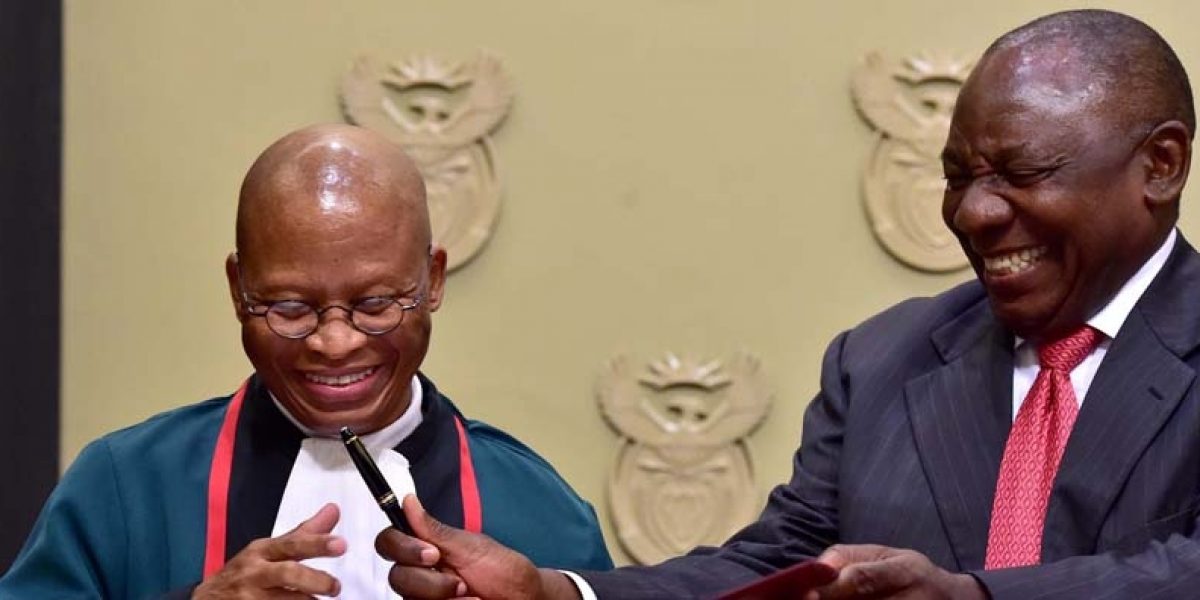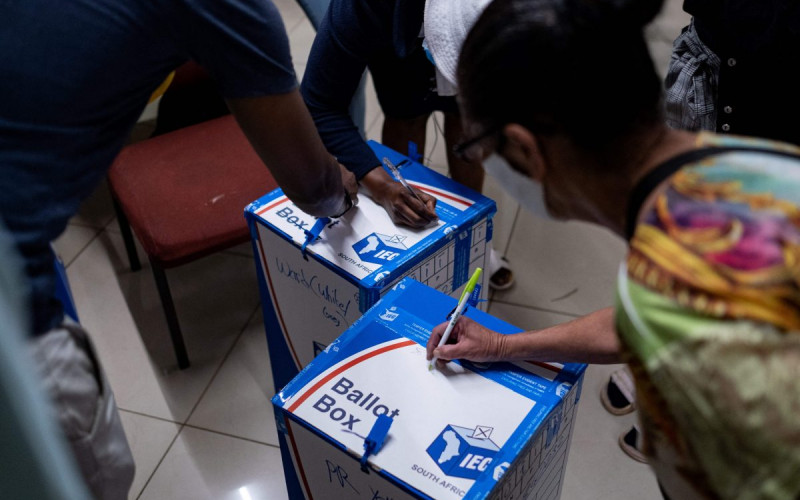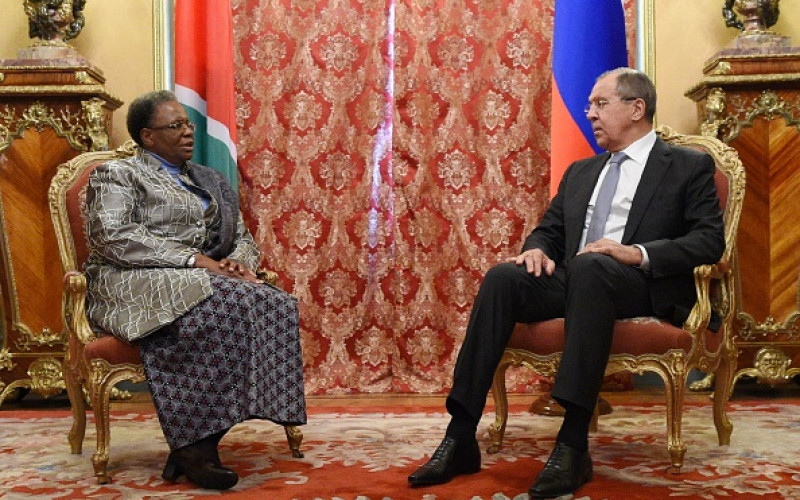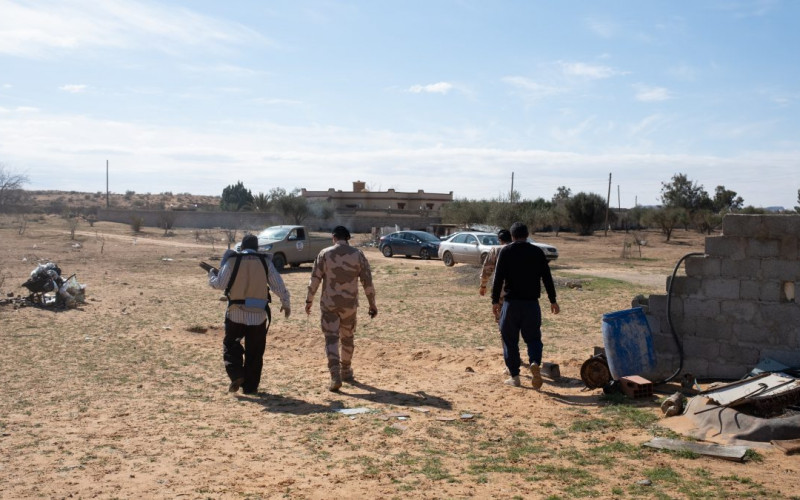As dawn broke over the Cape Flats at 5.30am five days after his ‘State of the Nation’ address, President Cyril Ramaphosa began his day with a walk from the Guguletu Sports Complex to the Athlone Stadium (some 5.5kms in the townships outside Cape Town city centre) and invited ordinary citizens to join him. For a nation that had suffered the slings and arrows of state capture for too long, many saw this walk as symbolic of a new dawn.
Barely a week earlier, on Valentine’s Day, South Africans had watched an interview that amounted to a soliloquy by then President Jacob Zuma. On the public broadcaster, he proclaimed his victimhood and his innocence, and decried the decision of the National Executive Committee of the African National Congress (ANC) to recall him. By 11pm that evening President Zuma had resigned.
But already the ice and snow had begun to thaw; the board of Eskom, the electricity supply commission, had been replaced earlier in the month, and people implicated in a Gupta-owned dairy farm, which had ostensibly been aimed at empowering the local community in rural Free State province, were arrested.
On Valentine’s morning, the police had gifted the Guptas’ Johannesburg mansion an early morning raid. The spell of the Ice Queen was broken, but unlike the fairy tale, not everything can return to normal with one wave of the wand. Many South Africans will remember the Zuma years as a time when the country sank into a morass of endemic corruption via state-owned companies that were bent to the will of those, both politicians and business people, who were driven by greed and self-interest. They will remember them as years when the police and prosecutorial services became captured by factional political interests. They will remember them as years when South Africa received a body blow to its international reputation and to its investment grading.
But South Africans should also remember them as years when citizens rediscovered their voice and their brave activism that had characterised the mass democratic movement of the 1980s; when sectors of civil society remobilised; and when individuals and politicians who had witnessed state capture were not afraid to step forward and ask the nation to ‘connect the dots’.
During the second term of the Zuma administration the constitution and the country’s institutions were tested. Could they stand the test of abuse in the highest office in the land? Some were subverted (the state security agencies and parts of the criminal justice system), but there were always gutsy public prosecutors or oversight agencies that struck out alone. Some paid the price; others, such as the Constitutional Court and the Public Protector, passed with flying colours; while the role played by an independent media in unearthing corruption through strong investigative journalism was as invaluable as it was under apartheid. Ironically, this is the greatest gift that the Zuma presidency gave to the young South African democracy.
The laundry list of things to fix is long. President Ramaphosa elaborated an ambitious agenda in his ‘State of the Nation’ address. Cynicism about what can be achieved has already set in. No-one underestimates the task at hand: to fight corruption, re-energise the economy, and address the still-huge socioeconomic disparities that make South Africa the most unequal society in the world.
Unemployment remains high at about 27 per cent, and youth unemployment is over 50 per cent. Sluggish growth over many years means per capita income is declining. The economy grew by 1 per cent in 2017 and is projected to be marginally higher in 2018 (1.5 per cent). The government’s social welfare system that provides some 17 million old-age and child grants has been the saving grace for many people living below the poverty line. In his budget speech this week, the finance minister announced an increase in value-added tax from 14 to 15 per cent for the first time since the tax was introduced in 1993. The gross government debt has been climbing: in 2017/18 it reached 53.3 per cent and next year it will go up to 55 per cent.
Restoring policy certainty to harness the economic power of the private sector, empowering small business by removing red tape, and addressing the skills deficit by overhauling the education system to make it fit for the 21st century are just three critical elements that need immediate attention to reap the fruits in the medium term. Fixing the state-owned enterprises and returning them to a healthy balance sheet will take some time and requires, as the president said in his ‘State of the Nation’ address, not only reviewing their current funding model, but also changing the way boards are appointed, removing any procurement role from board members and strengthening the external audit process. On Eskom alone the government has issued a guarantee of R350 billion.
Nearly 25 years after the end of apartheid, people are getting restless about achieving the expected economic benefits of democracy. President Ramaphosa ended his address to parliament by quoting the words of the late, Hugh Masekela’s song, Thuma Mina (Send me):
I wanna be there when the people start to turn it around
When they triumph over poverty
I wanna be there when the people win the battle against AIDS
I wanna lend a hand
I wanna be there for the alcoholic
I wanna be there for the drug addict
I wanna be there for the victims of violence and abuse
I wanna lend a hand
Send me
It was his call to arms to all citizens. But for it to work, trust between the state and the rest of society needs to be restored. The lesson that all South Africans must take away from the last decade is that citizens and organised civil society should not limit active participation in political processes only to election time, and that institutions are only as good as the people who respect them in letter and in spirit.
Constant vigilance is the bedrock of an effective democracy, and is the essence of Hugh Masekela’s ‘Send me’.






